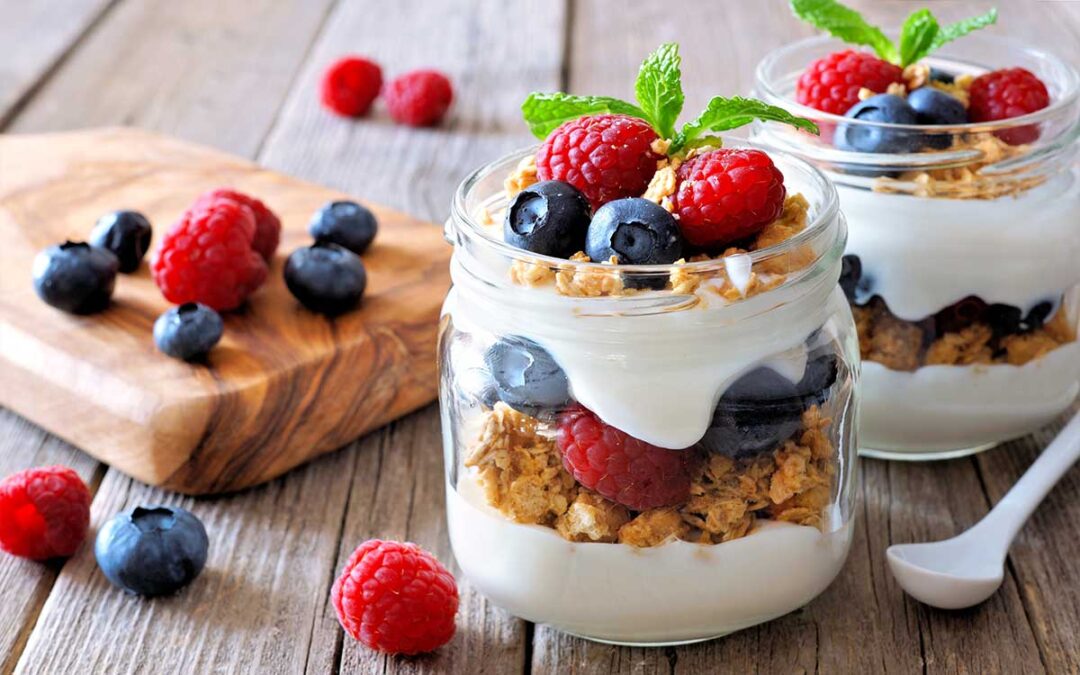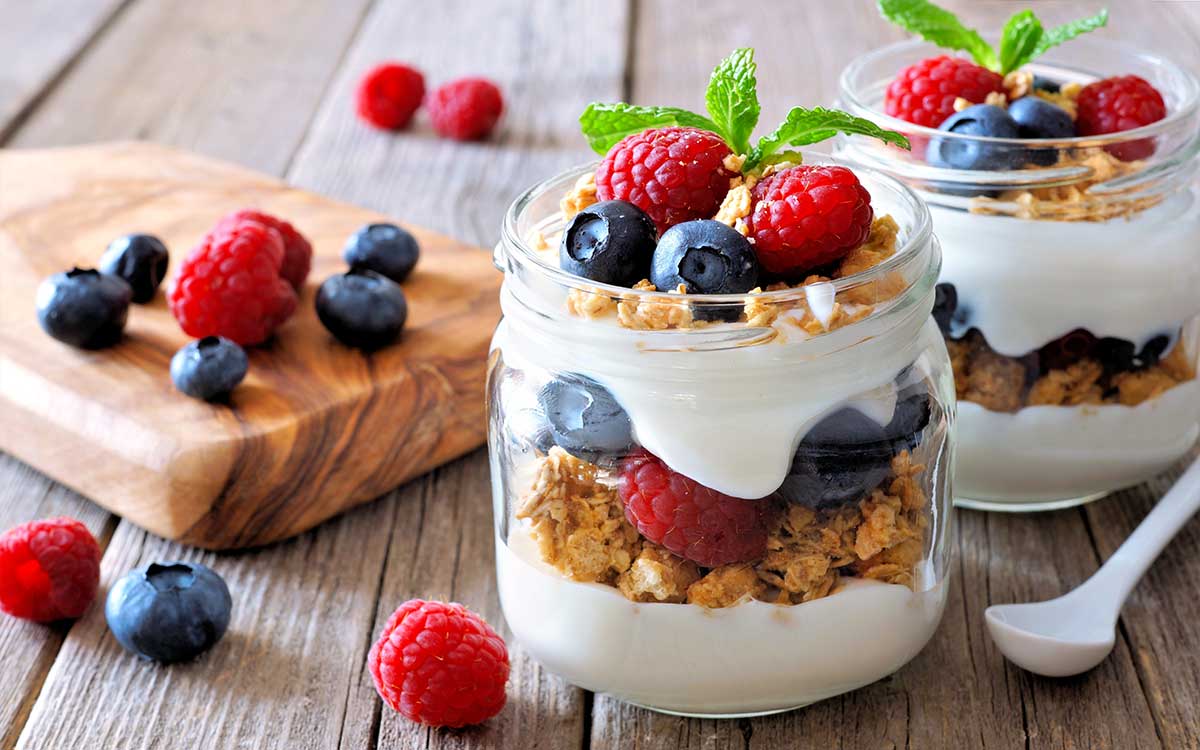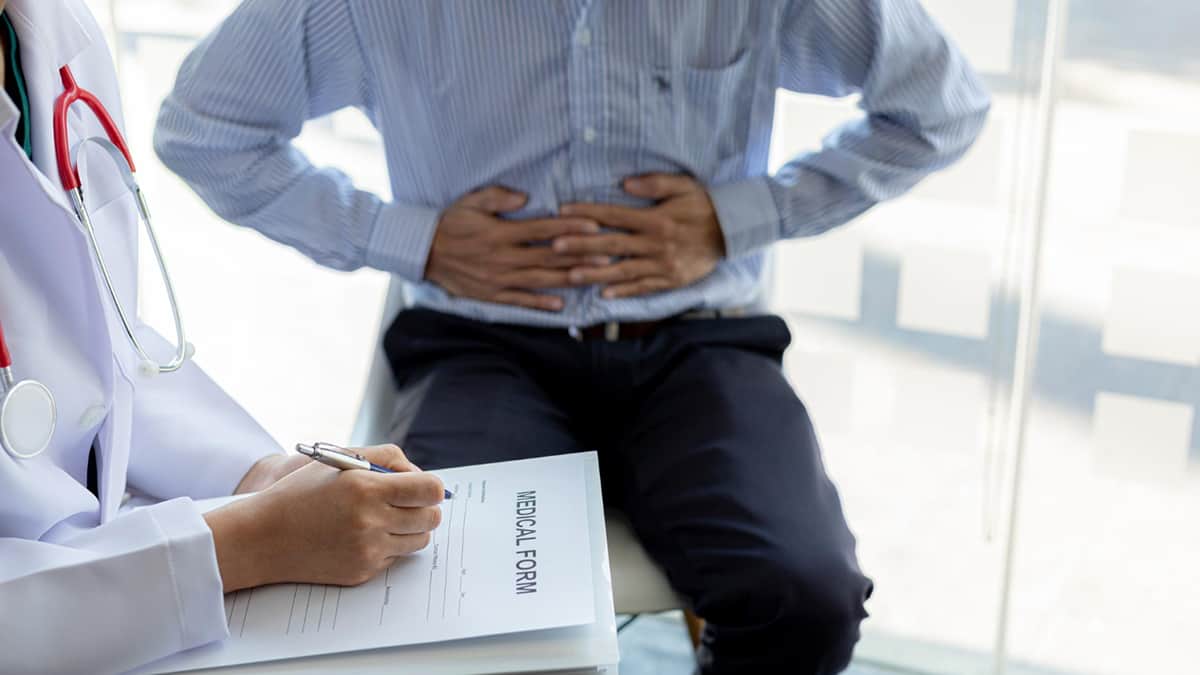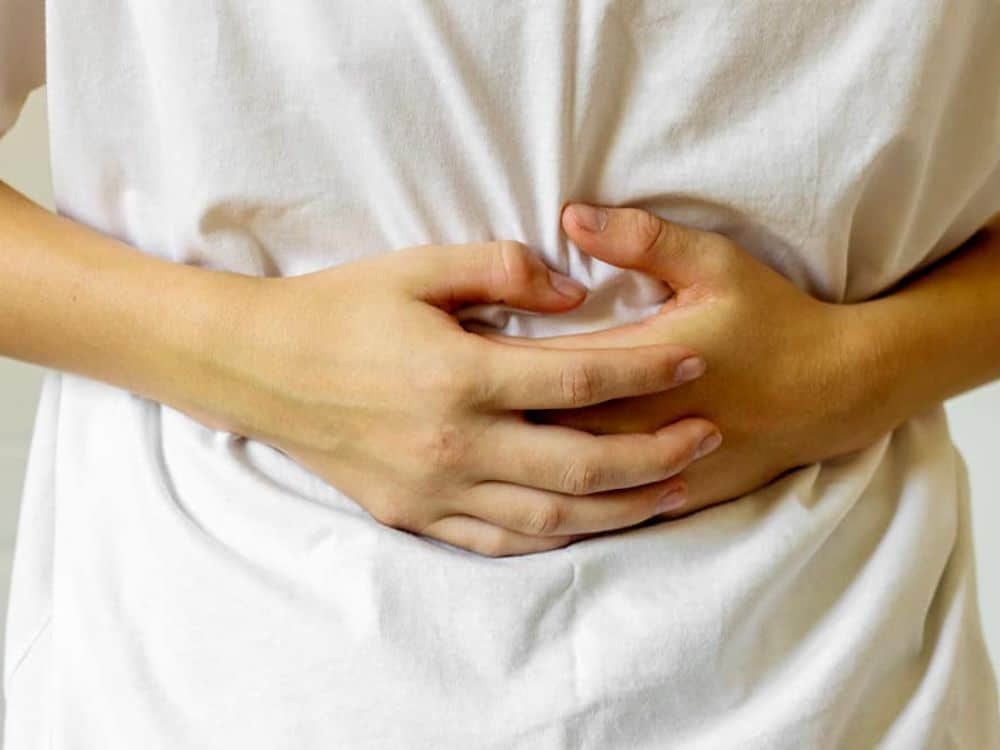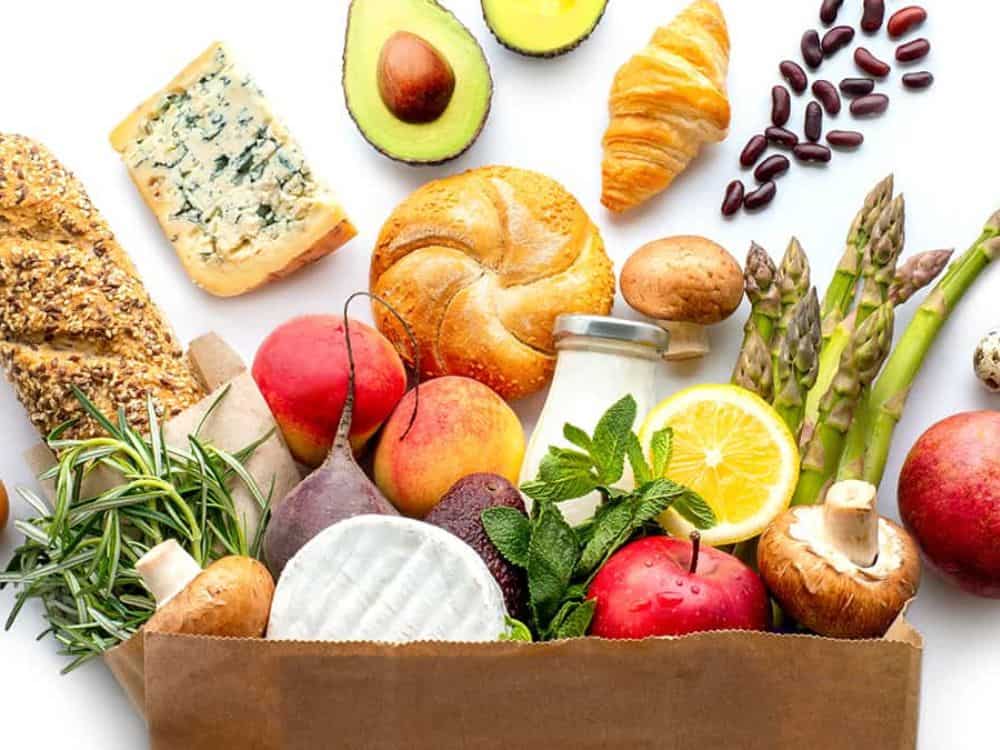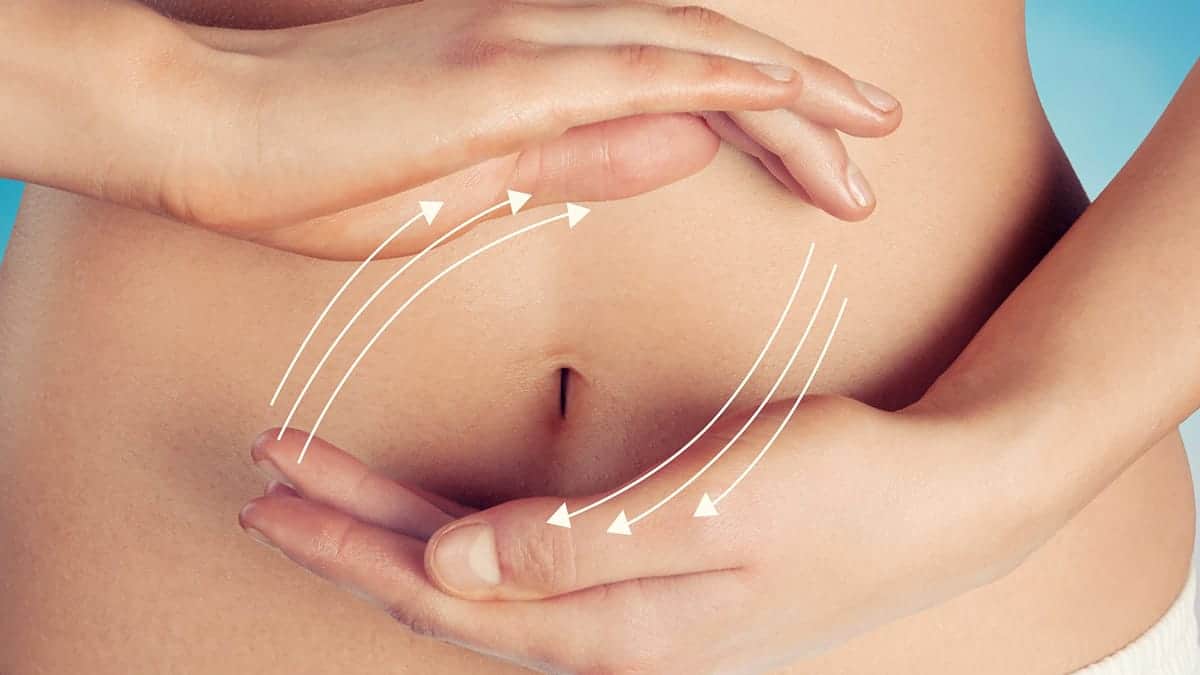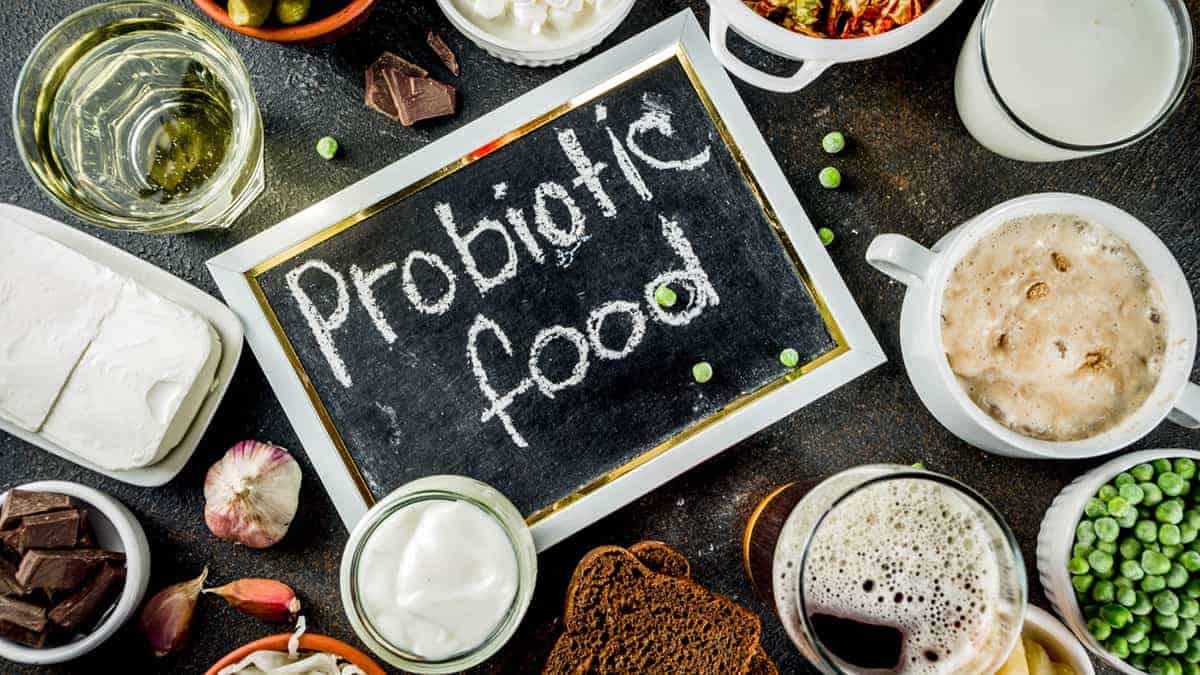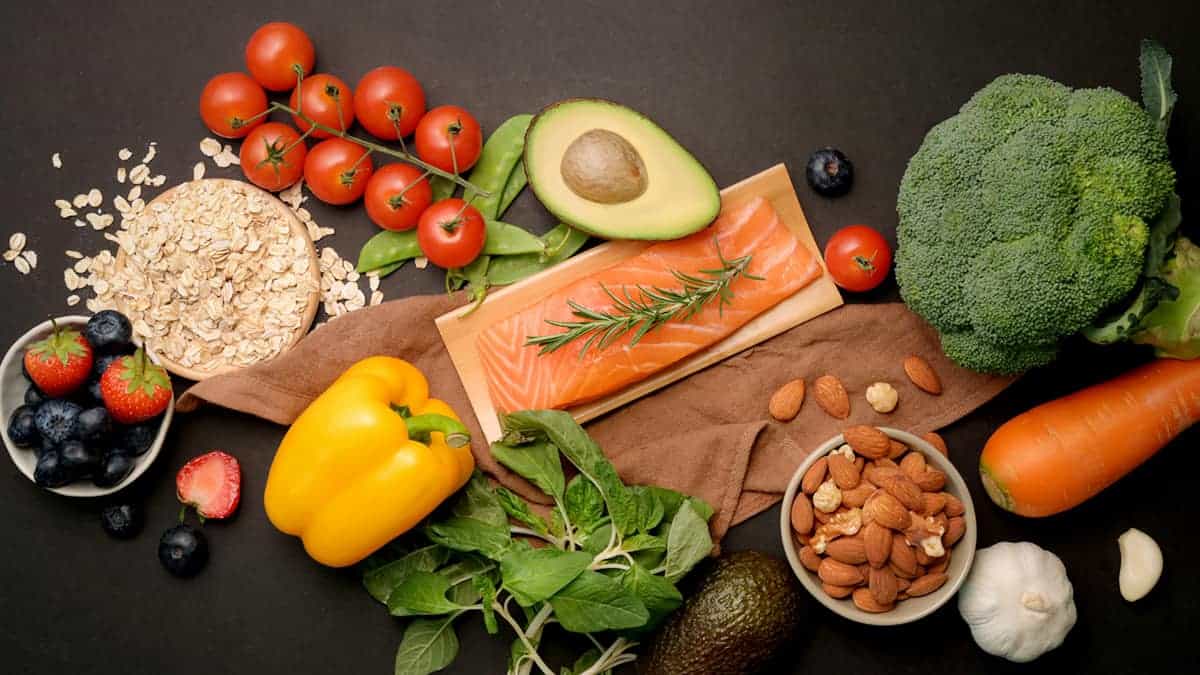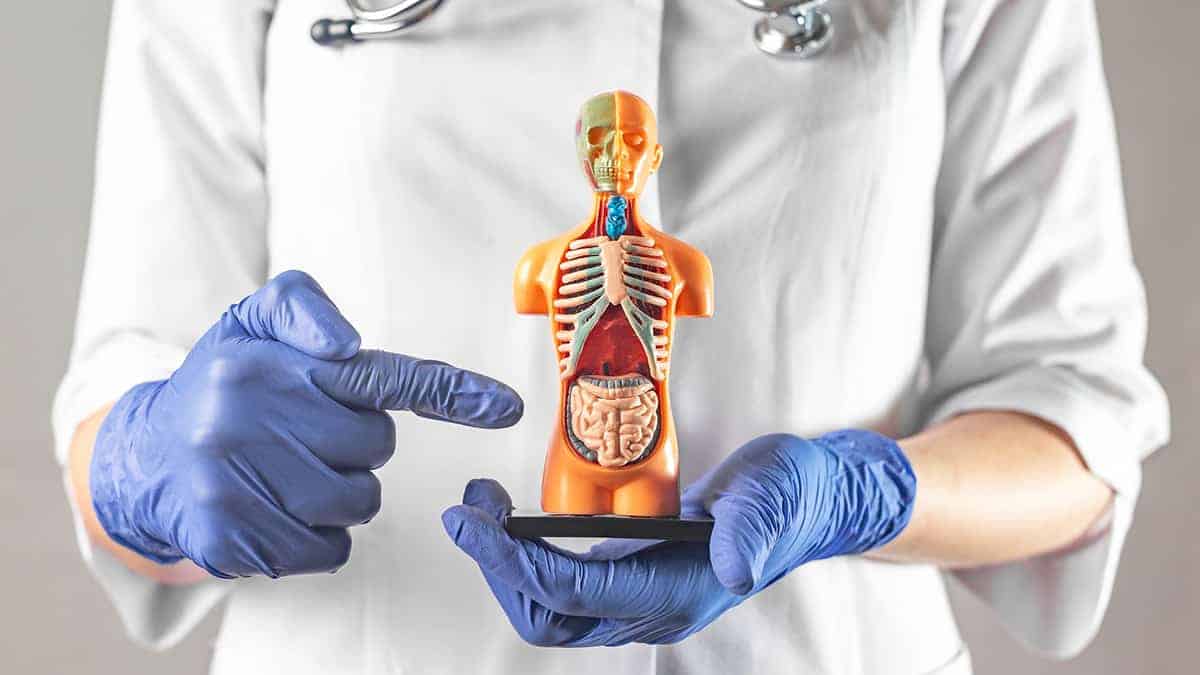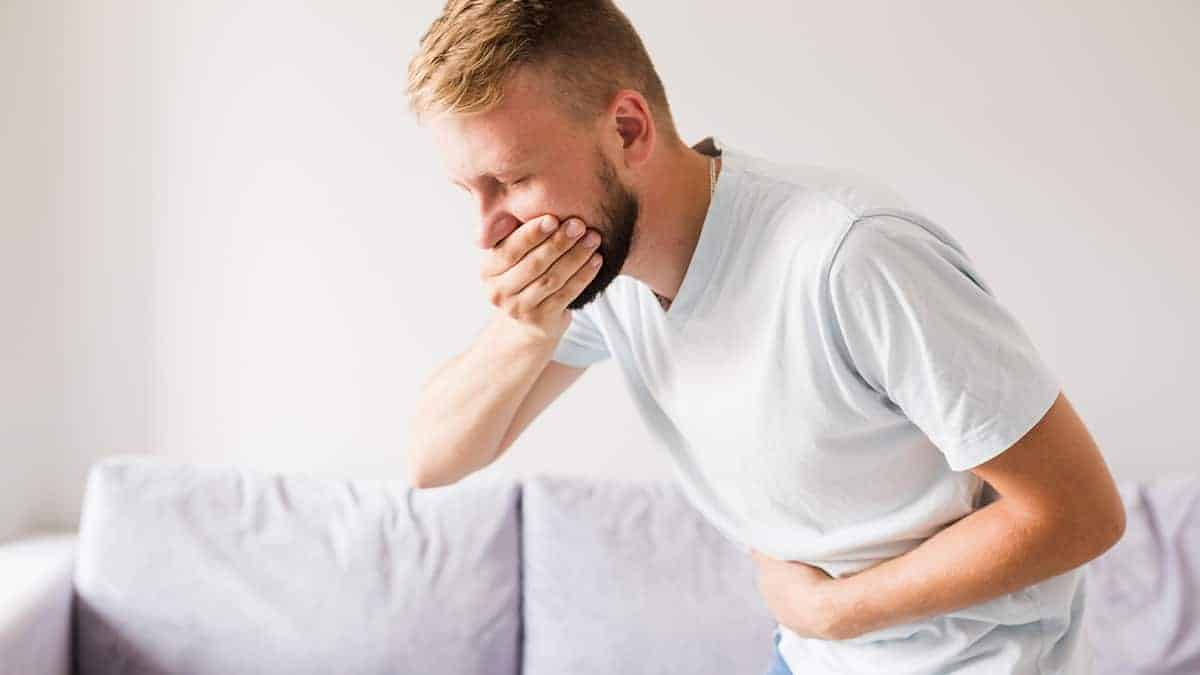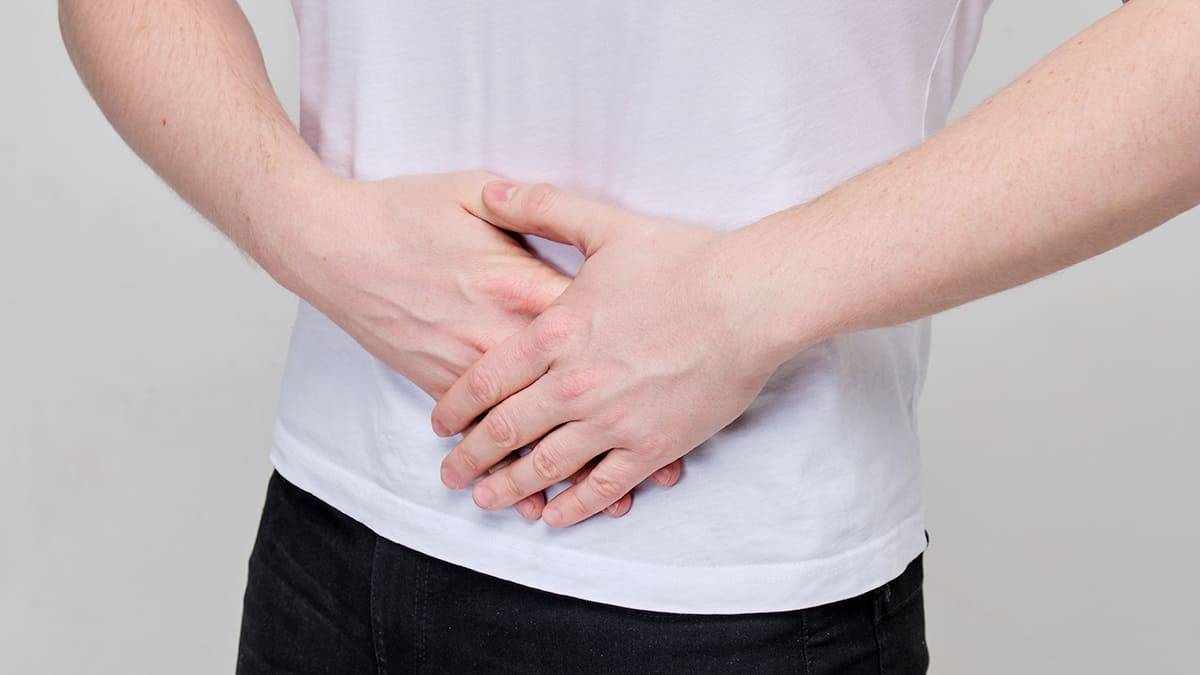Knowing how to make your digestive issues better first starts with better understanding the root of the problem. It can be difficult to determine the exact culprit, and you may have to try several strategies before pinpointing problem foods or behaviors.
Change Your Eating Habits
Eating your meals in a different way may help your body more easily digest your food. Strategies like the following may help:
- Eat multiple small meals rather than a couple of large ones
- Chew slowly
- Make sure your food is properly chewed before swallowing
- Drink liquids slowly
- Don’t eat within two hours of going to sleep
Avoid Harder-to-Digest Foods
Certain types of food or drink can make indigestion, stomach pain, and intestinal symptoms worse. Try avoiding common problem foods for a few weeks to see if your symptoms improve. Things to stay away from include:
- Acidic foods like tomatoes and oranges
- Spicy foods
- Greasy or fried foods
- Foods with high levels of fat
- Caffeinated drinks such as coffee and tea
- Alcohol
- Carbonated drinks such as soda and seltzer water
Eating a bland diet for a couple of weeks or months may help digestive problems go away. Bland foods are easier for your stomach and intestines to digest, and include things like cooked and canned vegetables, eggs, soup, pudding, breads and crackers made with white flour, and baked poultry and fish. Ask your healthcare provider for recommendations regarding when you can start adding other foods back into your diet.
Food Intolerances
Some people have food allergies, which can cause serious reactions involving rashes and breathing difficulties. On the other hand, food intolerances are typically less severe and lead to digestive symptoms. Some of the most common food intolerances involve gluten, dairy, and molecules called FODMAPs.
Gluten is a type of protein found in wheat, barley, and rye. People who have gluten intolerance, also known as gluten sensitivity, experience digestive symptoms when they eat products that contain these grains. Gluten intolerance may also lead to symptoms like tiredness or muscle cramps. A related disorder is celiac disease, a more severe condition in which eating gluten leads to damage to the small intestine.
People who have lactose intolerance have symptoms like gas and diarrhea when they eat dairy products such as milk, cheese, and butter. All of these milk products contain a type of sugar called lactose. Over a third of people in the United States may have trouble digesting and absorbing lactose. People who have lactose intolerance may be able to get rid of their digestive symptoms by limiting or completely avoiding consuming milk and dairy products.
Another common source of digestive distress is FODMAPs. These molecules are a type of carbohydrate that may be more difficult for the body to digest, especially for people with a sensitive gut. FODMAPs are found in:
- Fruits like apples, blackberries, cherries, pears, and watermelon
- Vegetables like artichokes, asparagus, cabbage, garlic, and onions
- Beans and lentils
- Milk-based foods like cheese, yogurt, and ice cream
- Wheat and wheat-containing foods like bread and pasta
- Foods and drinks containing artificial sweeteners
If you think you have a food intolerance, you can try avoiding that food for several weeks to see if your symptoms improve. A low FODMAP diet might work for you. If you aren’t sure which foods you may be intolerant to, you can try an elimination diet in which you avoid all potential problem foods for several weeks and then gradually add them back into your regular diet. Adding foods back one at a time can help you determine which foods are likely to trigger your symptoms. Talk to your healthcare provider or a registered dietician for further guidance in setting up an elimination diet that meets your needs.
Stress
Because disorders like IBS involve communication between the brain and the gut, stress and anxiety can often cause these disorders or make them worse. People with IBS are also more likely to have anxiety, depression, and other mental health disorders.
Stress can be particularly tricky to address for people with a sensitive gut or IBS. Digestive problems are often themselves a main source of stress. Worrying about rushing to a bathroom or losing sleep because of abdominal troubles can make people feel more stressed, and this extra stress may in turn make their digestive problems worse. It can be a vicious cycle. However, learning how to better reduce stress can help make IBS symptoms better.
Certain mental health treatments have been shown to help with IBS. Cognitive behavioral therapy can help people change their thoughts and behaviors and teach people how to better manage stress and anxiety. Learning deep breathing or relaxation skills can also help people with IBS. Finally, gut-directed hypnotherapy, in which a person is guided into a hypnotic state, can help restore better communication between the brain and the gut and can provide long-term relief from IBS symptoms. Building other healthy habits into a daily routine, such as getting more sleep and exercising more, can also help treat IBS.
Probiotics
We all have lots of different types of healthy bacteria in our intestines that help us digest food. Some people with IBS have too many bacteria, or have high numbers of harmful bacteria. Giving your body more of the “good” types of bacteria may help.
Bacteria and other microorganisms that are good for you are known as probiotics. Yogurt is one popular source of helpful bacteria. People can also get probiotics from unpasteurized fermented foods like sauerkraut, miso soup, kefir, kimchi, pickles, and komboucha. Additionally, probiotic supplements are available over-the-counter in the form of capsules or gummies. Several studies have found that taking probiotics can reduce IBS symptoms.
Herbs
Different herbs have long been used as traditional treatments to help with digestive problems. For example, peppermint oil is known to help with IBS symptoms, especially when taken in the form of a coated capsule. Clinical trials have found that other herbal supplements can also be effective at reducing pain and symptoms in IBS patients, including bitter candytuft, chamomile, caraway, licorice root, and lemon balm.
Herbal and other non-prescriptions supplements can be helpful in treatment but they can also have interactions with other supplements and medications so please don’t start taking any supplements without a consultation with your doctor to ensure they are appropriate for you.
Medication
If changes in diet or lifestyle don’t help reduce IBS symptoms, doctors may prescribe medication. Different medicines can be used to treat diarrhea, constipation, and abdominal pain.
Conclusion
If you feel like you are having a lot of problems with an upset stomach, pain, or irregular bowel habits, the first step is talking to your doctor, who can help you make sure there’s nothing serious going on. Changing your diet to avoid irritating foods and include more easily digestible foods is another helpful step. Many people suffer from digestive problems, but that doesn’t mean that there’s nothing you can do to help ease your symptoms.
